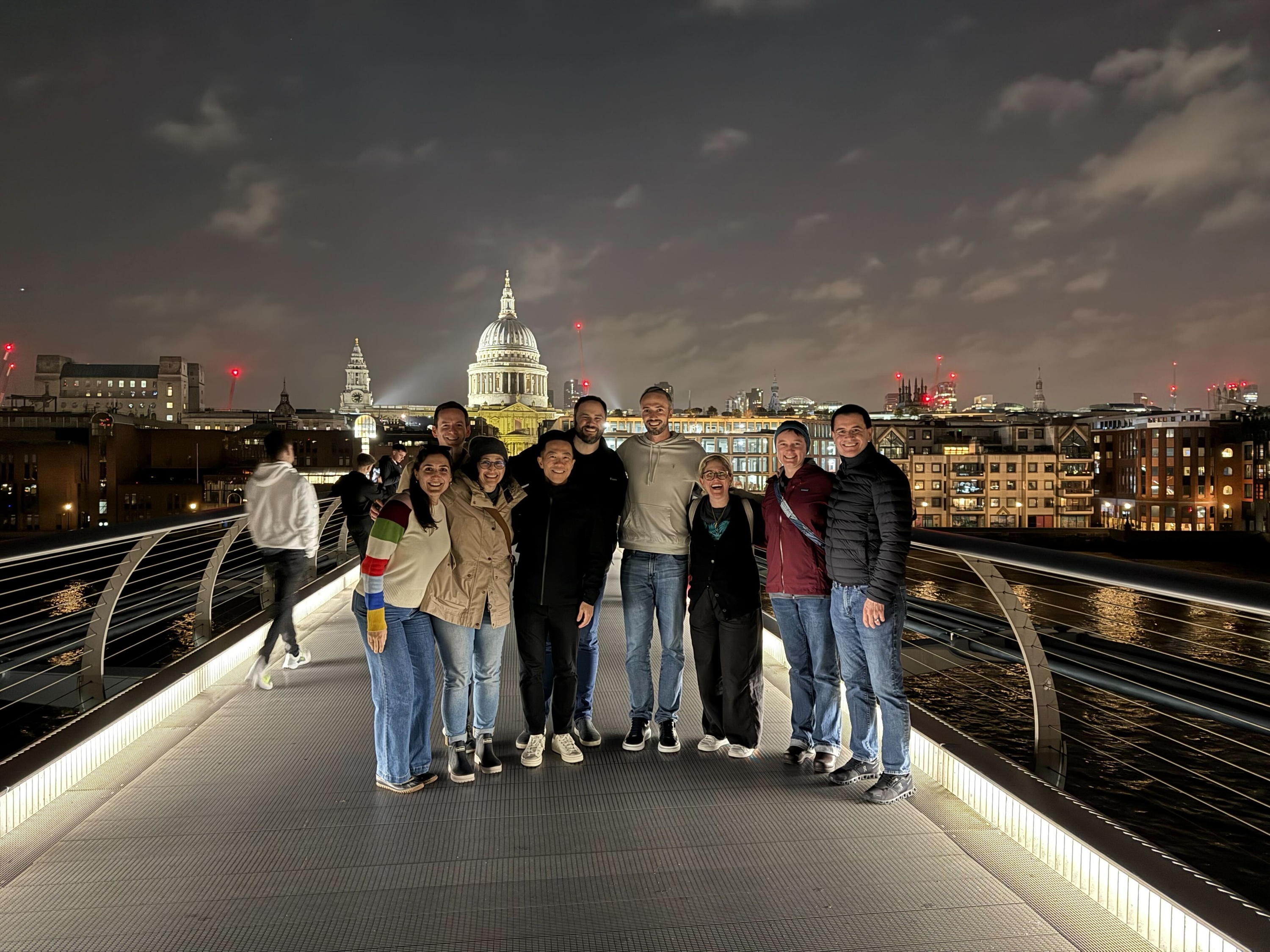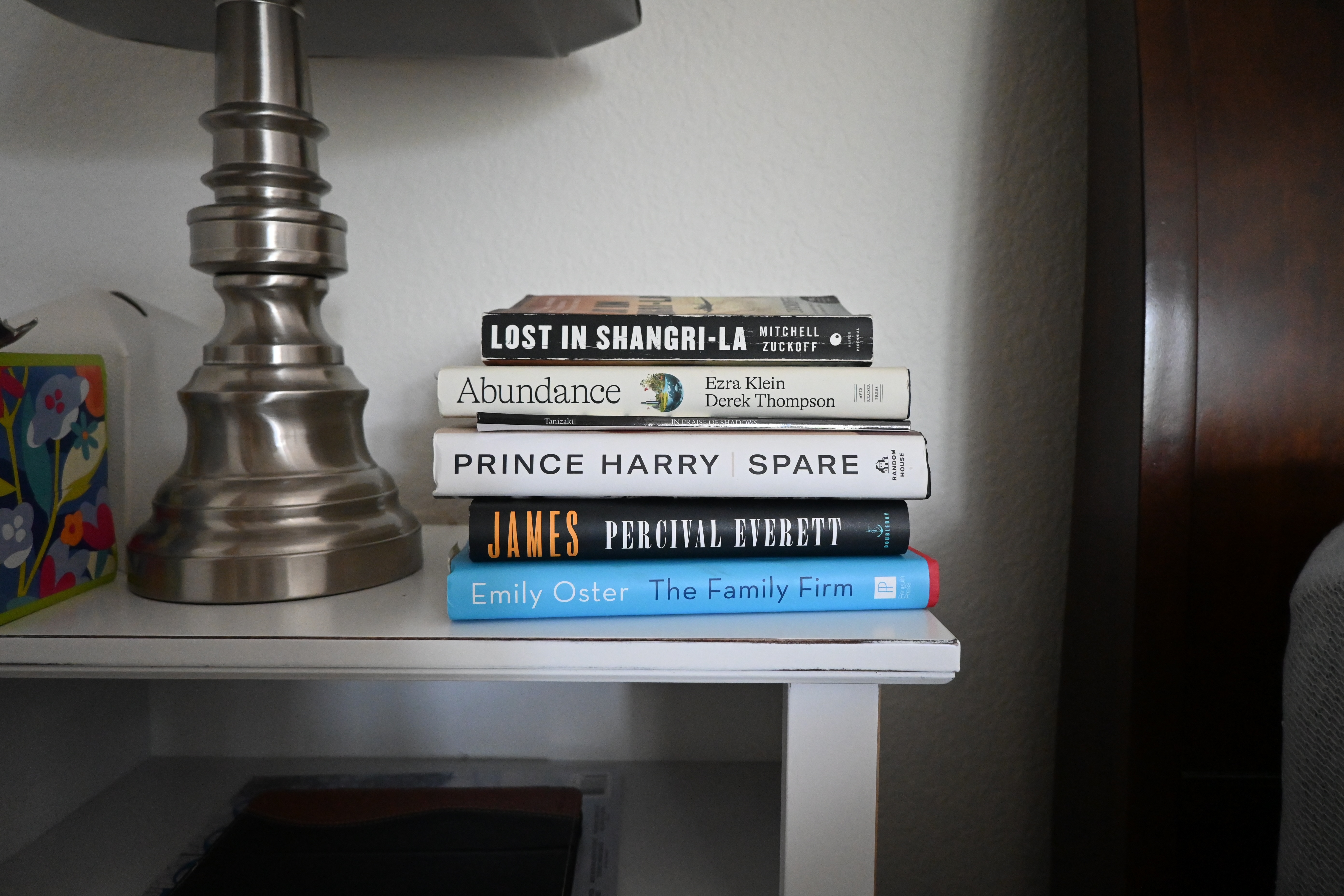Eight years ago, I decided to dip my toes into tech. I googled “how to code”, took a few tutorials, and promptly added a questionable “Beginner HTML and CSS” to my resume. When I landed an entry-level web job at a non-profit, I had no idea where my career was going, but luckily someone else did: my new manager, Mike.
Over the next several years, Mike would transition from my manager, to my hackathon partner, to my startup teammate, to my friend. I learned a lot from him. Most of his lessons had an immediate impact on our codebases, but the big lessons were still valuable—and still sinking in—when I eventually decided to pursue a career in product design rather than software engineering.
Valuable mentorships should guide folks beyond what they can get from a tutorial; they foster skills in the act of learning itself, not just a particular craft. They instill self-confidence, regardless of what path the mentee chooses to take.
A few years ago, I had the opportunity to become a mentor. Throughout that experience, I found myself leaning on what I had learned from Mike:
Learn alongside your mentee
When I started working with Mike, he actually hadn’t been in the industry for very long. We were learning together as we went. If I had a question he couldn’t answer, we sat side-by-side to research the problem and test out the solution together. Sometimes the best teachers are the most recent students.
Even if you are super experienced in your field, your mentee will likely have challenges you haven’t faced, or ones that you don’t remember at this point. When mentees literally watch you learn, they’re learning how to learn on their own. That can boil down to activities as simple as combing through Stack Overflow responses together or drafting research questions for user interviews.
Use pairing as a great teaching method
Pairing is collaborative problem solving. As the pairing “passenger” I got to see how Mike solved problems. As the “driver” I had a chance to reflect on and hone my own process with Mike’s help. Throughout the session, I continued to learn practical coding and communication skills while, yes! having fun.
Everyone has their own learning style, and not everyone loves pairing, but when it’s done well and in the right amounts, pairing can combine multiple or even all learning methods: audio (listening, talking), reading/writing (code, research, typing), kinesthetic (typing, testing code, clicking prototypes), visual (sketching, diagramming).
Say “I don’t know” with confidence
Insecurity can reveal itself in funny ways. If previous learning experiences weren’t safe spaces, insecure mentees will either voice weak solutions with arrogance (👋 it me) or go silent until they are 100% sure (which could be never).
It’s important for mentors to do neither of those. Mike was perhaps the first teacher I’ve had who said “I don’t know” more often than the students, and he always seemed to say it without shame (which baffled me!).
Saying “I don’t know” with confidence is a critical skill for working on a team. People may need quick responses from us, but they want ones that transparently show how much they can rely on our guidance.
It’s better to say:
“I don’t know. Let me look into that, try out a few solutions, and get back to you in 30 minutes.”
…than to share a weak solution that coworkers or users will trip on, or to share no communication at all while we look into it frantically hoping no one notices how long it’s taking us.
Advocate for them
Mike and I went through multiple companies together. He not only fought for me to receive raises and promotions I had earned, but always listened and took action when I experienced or witnessed discrimination in the workplace.
Mentors are not always managers, but advocacy can take many forms. Regardless, do not sign up to be a mentor if you aren’t ready to help your mentee get both the benefits and the respect everyone deserves.
I wish everyone were lucky enough to have a strong mentor like Mike early in their career! Even if you didn’t have a great example to follow, I hope my lessons here give you a few ideas of how to challenge yourself to be the best mentor you can be.

